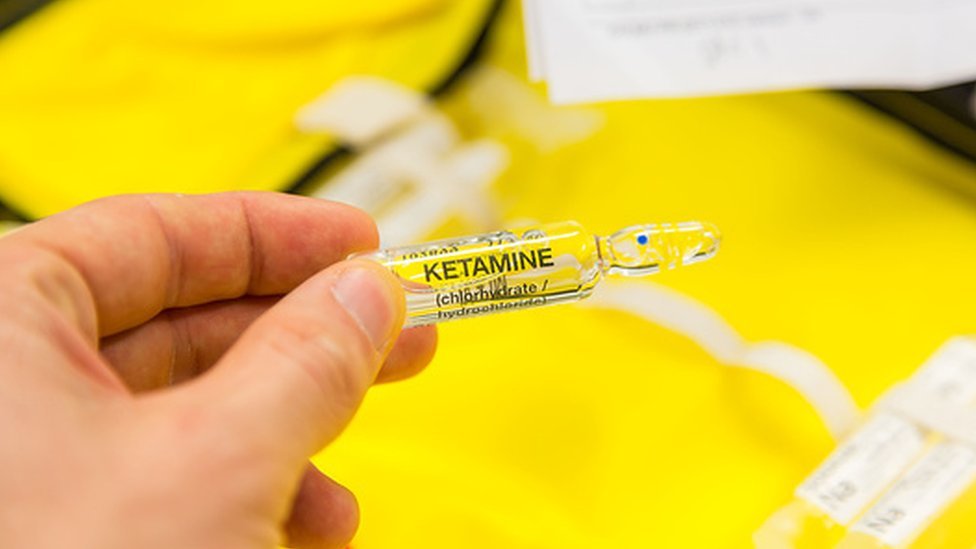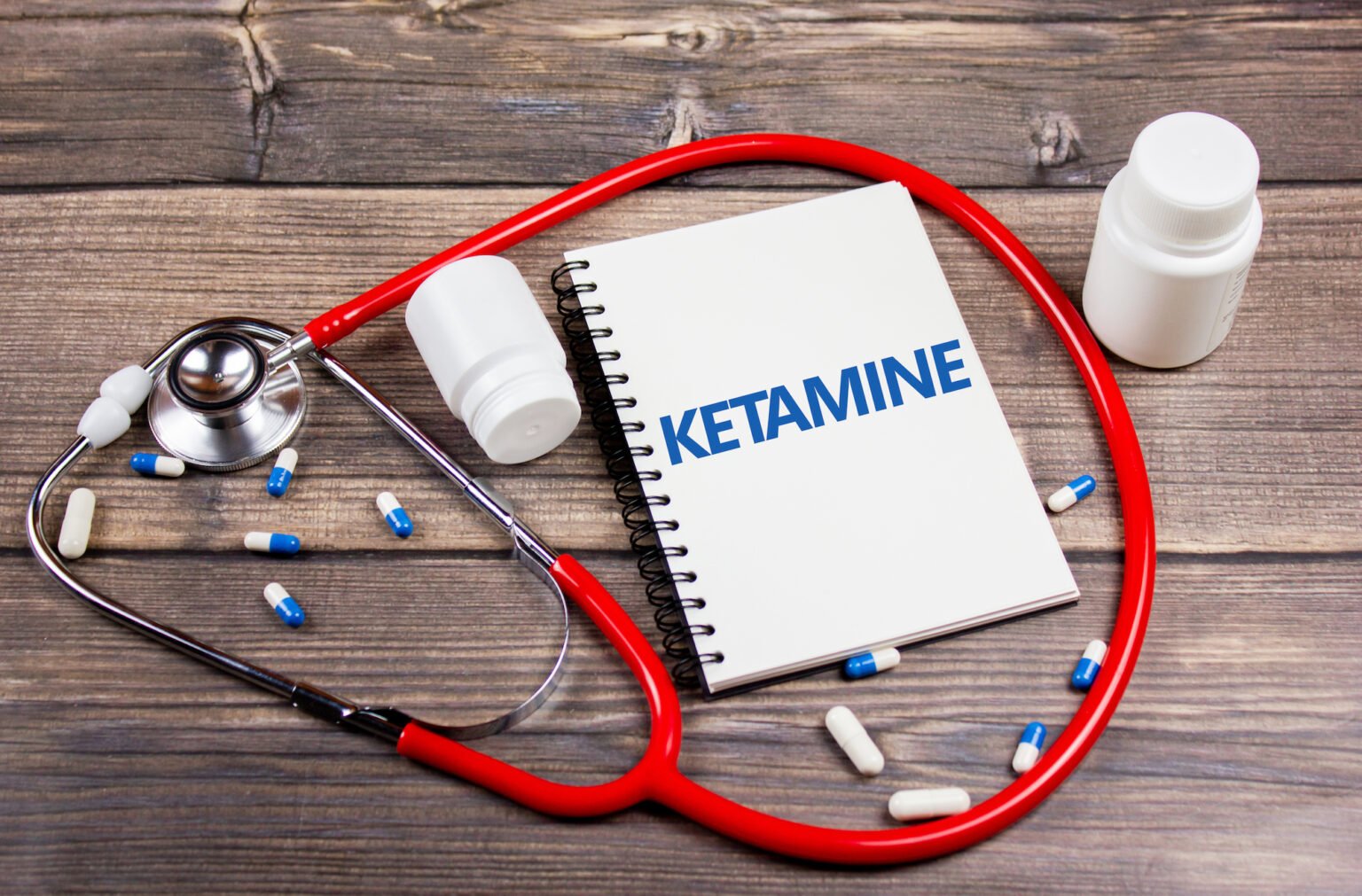
- Posted By admin
- Comments 0

In recent years, the medical community has been exploring innovative approaches to treating severe depression and suicidal ideation, conditions that affect millions of individuals worldwide. One of the most promising developments in this area is the use of ketamine, a medication traditionally used for anesthesia. Ketamine treatment has been shown to provide rapid relief from suicidal thoughts, offering hope to those in critical need of fast-acting interventions.
The Challenge of Traditional Treatments
For decades, the primary treatments for suicidal ideation have been psychotherapy and traditional antidepressants. While effective for many, these approaches have significant limitations. Antidepressants, for example, can take several weeks to show benefits and may not be effective for all patients. In the case of acute suicidal ideation, the time it takes for traditional medications to work can be a critical factor. This delay in treatment efficacy highlights the need for more rapid intervention options.
Ketamine: A New Hope
Ketamine operates differently from traditional antidepressants
While most antidepressants focus on the serotonin system to help regulate mood, ketamine is believed to impact glutamate, a neurotransmitter associated with learning and memory. This difference in mechanism is crucial for its rapid-acting effects.
Studies have shown that low doses of ketamine can lead to significant reductions in suicidal thoughts within hours of administration. This rapid response is a game-changer for individuals experiencing acute crises, providing an immediate lifeline and the possibility of stabilization in critical situations.
How Does Ketamine Work?
Ketamine is thought to promote the regeneration of synaptic connections between brain cells that have been damaged by stress and depression. This can lead to immediate improvements in mood and cognition. Unlike traditional treatments that may take weeks to become effective, ketamine’s impact on the brain’s neuroplasticity allows for a much quicker response, often noticeable within hours of treatment.
The Treatment Process
Ketamine treatment for depression and suicidal ideation typically involves a series of injections under medical supervision. The exact dosage and frequency depend on the individual’s needs and medical history. Given its potent effects and potential side effects, including dissociation and increased blood pressure, ketamine treatment must be carefully managed by healthcare professionals.
Conclusion
Ketamine treatment represents a significant advancement in mental health care, offering a quick and effective intervention for those experiencing suicidal thoughts. Its ability to provide rapid relief can be lifesaving, marking a hopeful step forward in addressing the urgent needs of individuals in crisis. As research continues, the promise of ketamine and other rapid-acting treatments opens new possibilities for overcoming some of the most challenging aspects of mental health care.
Recent Posts
- Unraveling Obsessive-Compulsive Disorder: TMS Treatment and the Role of Supplementary Motor Area
- Understanding Why Antidepressants May Not Be Effective for Some Patients
- Navigating Mental Health Conversations: A Guide to Opening Up to Family and Friends
- Navigating Depression During Menopause: Challenges and Emerging Therapies
- Navigating Through the Fog: The Challenges of Traditional Treatments and New Horizons in Postpartum Depression Management


